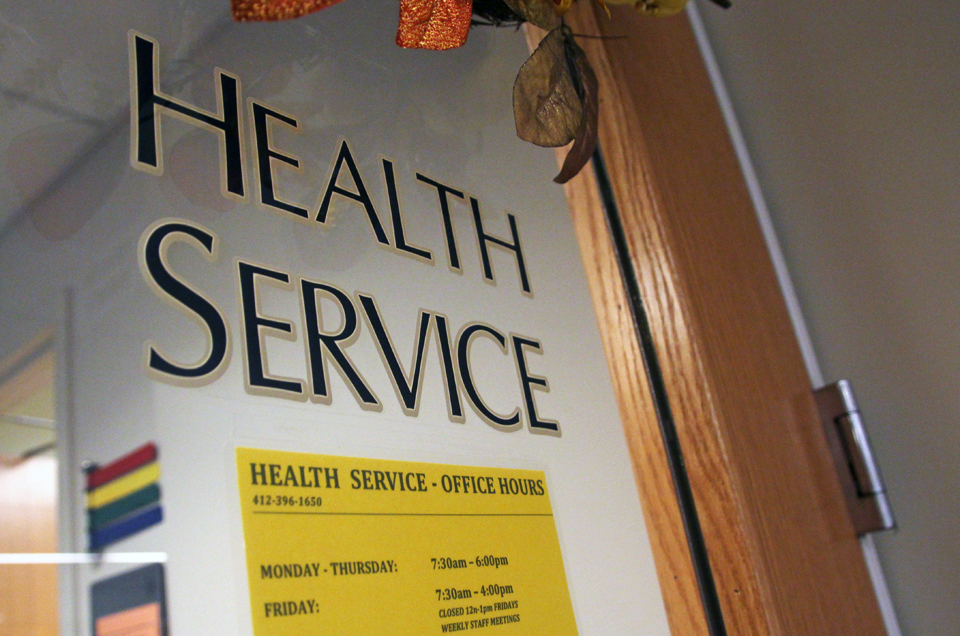Duke Staff
Before 1963, there were hundreds of thousands of measles cases every year in the United States.
But that number dropped – and continued to drop – until endemic measles was declared eliminated in the U.S. in 2000. The reason: the measles vaccine, which has garnered widespread support over time by the scientific community for its effectiveness.
Still, these statistics don’t resonate with the growing number of ‘anti-vaxxers,’ who frequently hold their children from vaccinations on the basis of personal beliefs. Since 2006, the rate at which parents filed for nonmedical exemptions from school immunization has risen, according to a study in The New England Journal of Medicine.
The effects of these nonmedical exemptions might be starting to show, as a recent outbreak of measles that started at Disneyland has spread to 14 states, bringing the vaccination debate to the forefront of social and political conversation once again.
Should parents in America be required to vaccinate their children for the better of public health?
We at The Duke wholeheartedly say “yes.” Vaccinations have been proven, time and time again, to halt the spread of dangerous disease. It’s alarming that we have to worry about once-eradicated diseases coming back just because parents refuse to vaccinate their children based on unfounded beliefs.
For example, anti-vaxxers commonly bring up the connection between vaccinations and autism, which was alluded to in a controversial 1998 study by Dr. Andrew Wakefield. Even though Wakefield’s studies have been widely disproven by the Centers for Disease Control and Prevention, World Health Organization and Institute of Medicine, people still hold onto the belief that measles, mumps and rubella vaccines increase the risk of autism. It’s simply not true.
Anti-vaxxers also say that a mandate on vaccinations would be an infringement on their rights, but look at seat belts and car seat laws, for example. Could you imagine someone laying their newborn down in the front seat of an automobile and saying, “I don’t believe in car seats?” We, as Americans, make several sacrifices for the greater good.
And as a parent, buckling your child into the car only protects your child, whereas vaccines protect children everywhere. Even though it’s your decision on whether or not you want to vaccinate your child, your neighbor’s child might be the one who pays for it.
Unfortunately, anti-vaxxers still have the choice to withhold their children from vaccinations. But if they are going to compromise public health on the basis of unfounded beliefs, take away their choice through a federal mandate.



